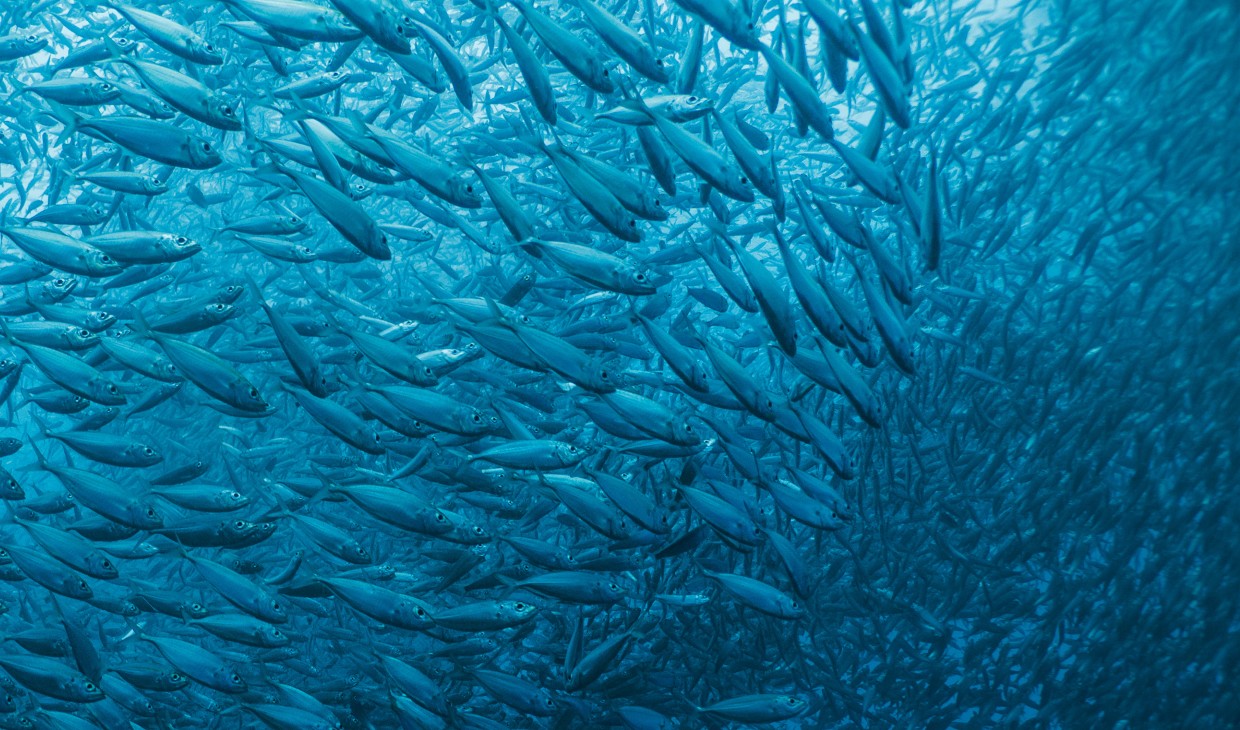New research has deepened our understanding of why pescetarians choose to eat fish but not the meat of land animals.
The perceived distance between marine life and participants in the study was a key factor, researchers in the University of Stirling’s Division of Psychology found.
The team, consisting of Maja Cullen, Devon Docherty and Dr Carol Jasper, used the construal-level theory of psychological distance to investigate further how this distance is created and how this might be experienced.
The theory argues that we interpret people, animals, objects or situations differently depending on how much we know about them.
Dr Carol Jasper, co-author of the study, said: “When we do not know much about someone or something we think of it in more abstract and general terms because we lack information.
“For our sample of pescetarians, this meant that they felt less emotionally connected to marine animals than they felt to land animals with whom we share some more obvious similarities.
“This social distance seemed to be maintained by spatial distance. We feel distanced from marine animals because we rarely see them. As we do not share a common space with fish, they are, as one participant put it: “Out of sight, out of mind”.
“We believe that this distance on multiple levels – social and spatial – can help us understand why pescetarians choose to eat fish but not other animals like cows and chickens.”

Postgraduate researcher Maja Cullen, primary author of the study, said: “We argued that the two-fold distance – social and spatial – led our participants to hold more negative attitudes of the cognitive abilities of fish, serving as an explanation as to why our pescetarians find it easier to morally justify consuming marine animals but not land animals.
“Nonetheless, nearly all participants expressed that they closely identified with the ethics of vegetarians or vegans and many of them expressed their intentions to remove marine animals from their diets in the future, with many questioning the logic of their own perceptions.”
The research was inspired by previous work that identified experiences of cognitive dissonance in meat eaters. Cognitive dissonance is a state of mental discomfort in which a person holds conflicting beliefs or acts in a way that contradicts their beliefs. For example, many people express that they care about animals, yet they regularly eat them too.
Cognitive dissonance
Dr Jasper said: “We were curious to explore whether pescetarians experience cognitive dissonance in relation to their marine animal consumption and if so, whether they adopt certain strategies to overcome this mental discomfort.
“We did find support for the existence of cognitive dissonance within our sample. Ascribing fewer capabilities to marine animals was thus one of the strategies our sample used to alleviate their experience of cognitive dissonance.”
Devon Docherty, teaching assistant at the University of Stirling and co-author of the study, added: “The plant-based alternatives industry may benefit from this research by gaining deeper insight into the mindset and needs of fish consumers, enabling them to tailor their products towards this specific demographic.”
The study Out of Sight, Out of Mind: How Pescetarians Manage Dissonance by Creating Distance was published in Qualitative Research in Psychology.

